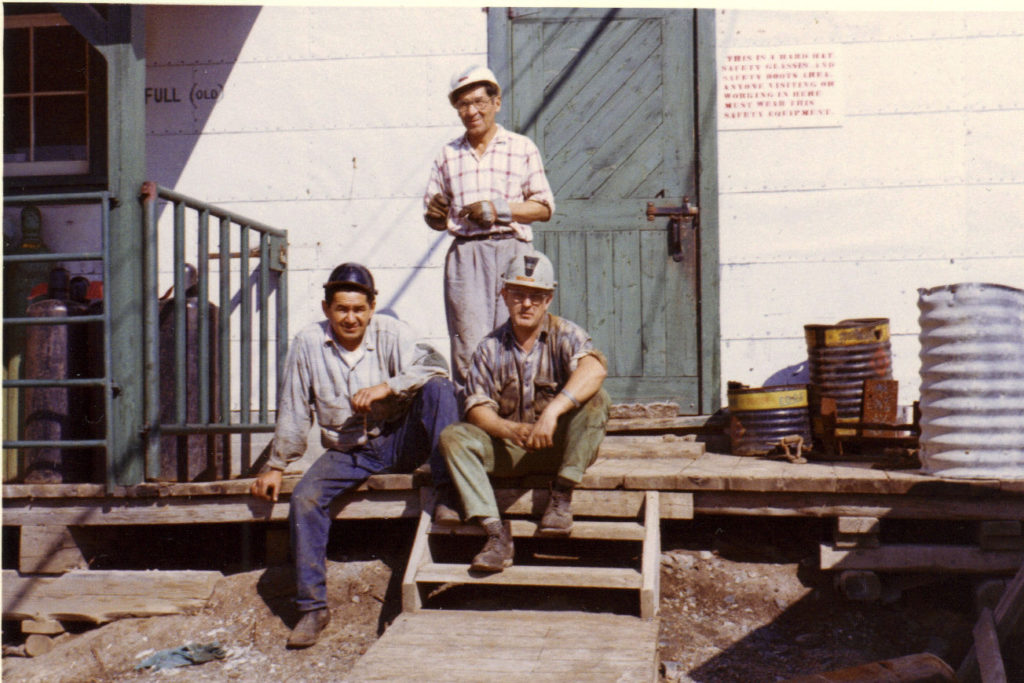Op-Ed: Reflections on truth and reconciliation


Following Canada’s first National Day of Truth and Reconciliation on September 30, I’d like to share my thoughts on residential schools, education, and healing.
Over the last few months, as the bodies of hundreds of children have been discovered near residential schools in western Canada and I’m sure more will be discovered as other school lands are surveyed, I have had a number of inquiries from well-educated friends who want to know more about the residential school system.
One question I was asked more than once, was: “Were there some good things that came out of the residential schools?”
It isn’t because these were insensitive or uncaring people. In fact, I believe these are people who really want to understand residential schools and how they have had such a lasting impact on our communities, our families and individuals — sometimes several generations of a family attended these schools — and this is what I told them.
Education when done correctly is a catalyst for meaningful positive change from generation to generation. But when does education become a place of dominance, torture, sexual and physical assault? When does education rip families apart or force upon the student a world view that is so different from who they are? A result of this so-called education system for ‘Indians’ resulted in whole communities losing their language and culture and their connection to their families. Some suffered through days and nights and months and sometimes years of assaults at the hands of individuals who were supposed to protect and care for them.
Comments